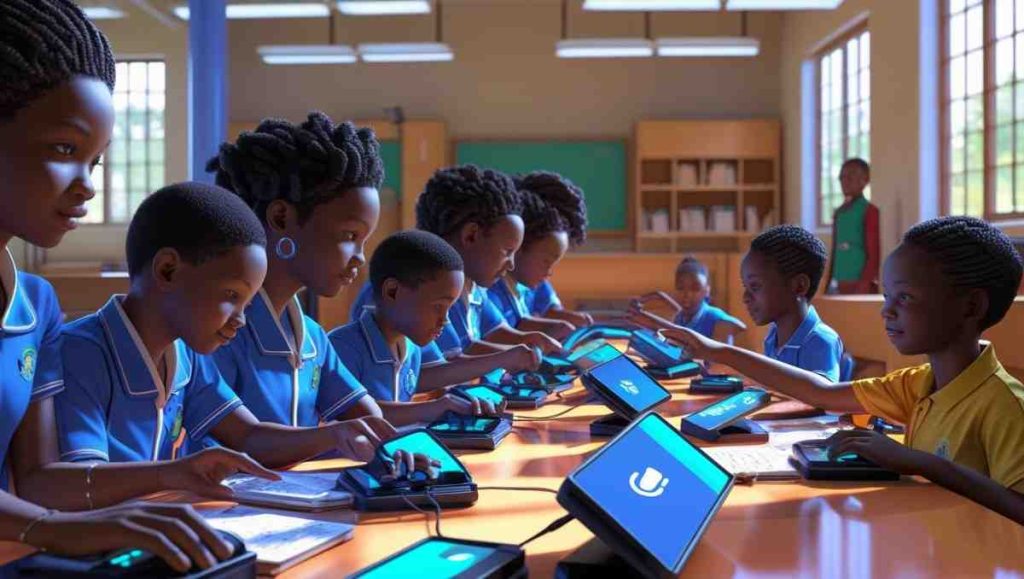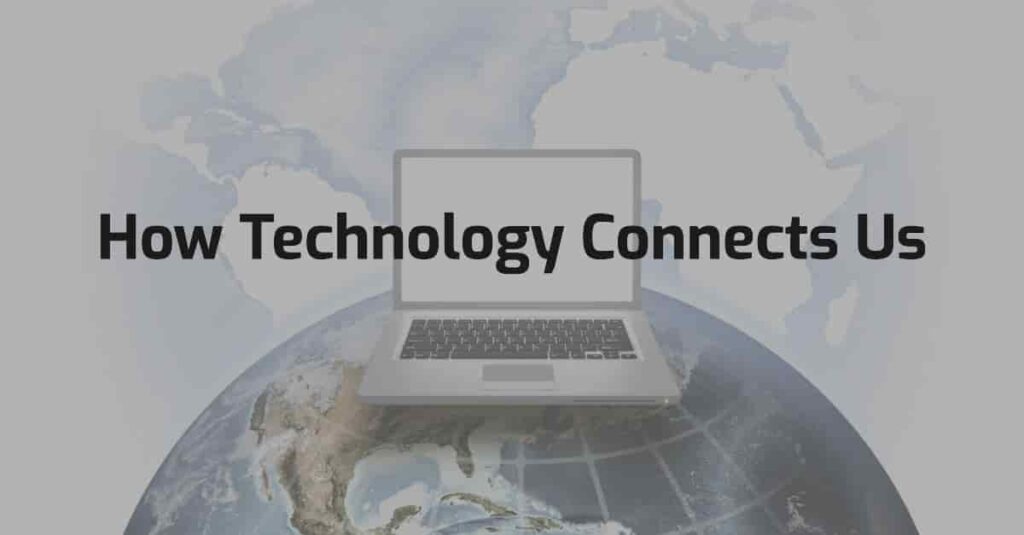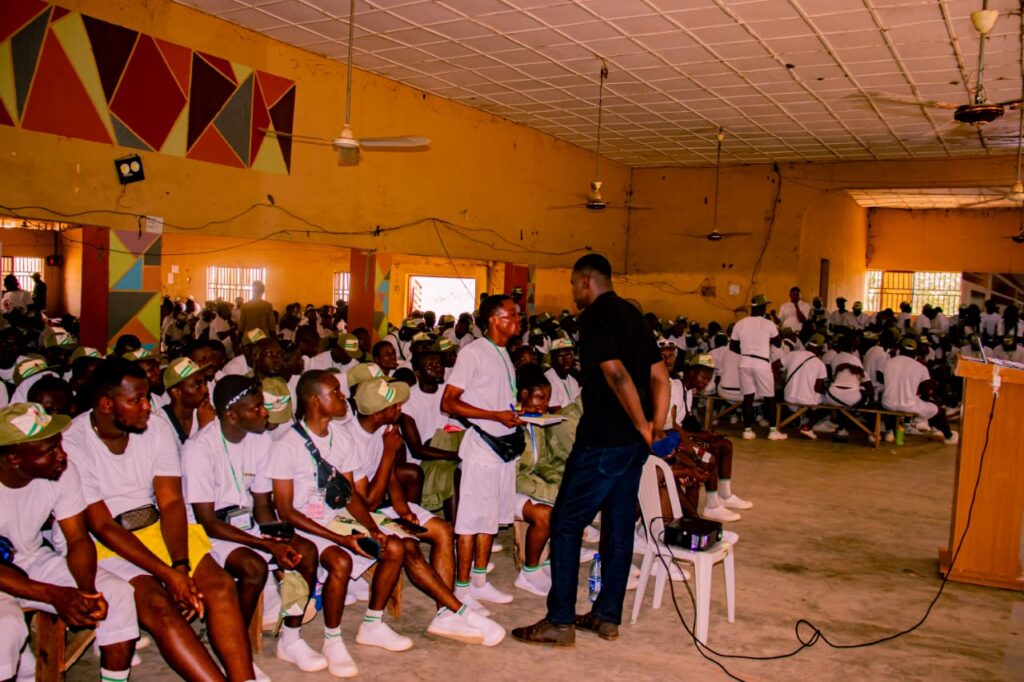
How Voice-Activated Learning Could Transform Nigerian Education (But We're Missing Out)
You know that frustrating moment when you understand a concept perfectly in Yoruba but can’t explain it back in English during an exam? Or when you’re trying to learn calculus and keep thinking “Ah, if only someone could just break this down in Igbo first.” Well, there’s technology that can do exactly that, but chances are, you’ve never heard of it.
The Technology That Could Change Everything (But We Don't Have It Yet)
While everyone’s talking about ChatGPT and foreign AI tutors, there’s a more revolutionary technology developing globally that could address our specific challenges as Nigerian students: voice-activated learning systems that understand our multilingual reality.
Imagine an AI tutor that doesn’t just speak Hausa, Yoruba, or Igbo, but understands how we naturally mix languages when we’re trying to grasp difficult concepts. One that gets that when you say, “I understand the concept sha, but how I go write am for exam?” you’re not confused, you’re code-switching, just like millions of students every day.
This technology exists. It’s called “code-switching AI,” and it’s being developed in places like Canada, South Africa, and India. But here in Nigeria? We’re still stuck with educational platforms that act like we all grew up speaking Queen’s English.
What We're Missing Out On
Research from universities worldwide shows something we already know intuitively: students learn complex concepts 40% faster when they can first understand them in their native language before switching to English. Yet most of our educational technology completely ignores this reality.
The Medical Student Struggle: Try learning the cardiovascular system when you’re constantly translating between Yoruba thoughts and English textbooks. Students in South Africa are already using apps that explain anatomy in Zulu first, then transition to medical English. We could have this for Yoruba, Igbo, Hausa—but we don’t.
The STEM Gap: Engineering students in multilingual countries are using AI tutors that explain mathematical concepts in local languages with cultural analogies that make sense. Instead, our brilliant minds are struggling not with the math, but with processing everything through English first.
The Rural Reality: Picture a mathematically gifted student in Kebbi State who can solve complex problems in Hausa but struggles with English terminology. Current e-learning platforms would write this student off completely. Voice-activated multilingual systems could unlock that potential—if we had them.
Why This Matters More Than You Think
This isn’t just about convenience. It’s about cognitive justice. Every time you must pause your thinking to translate concepts into English, you’re using brain power that could be focused on understanding the material. It’s mental overhead that students in monolingual countries don’t deal with.
The economic implications are huge too. These voice systems work on basic smartphones—no need for expensive laptops or tablets. They’re data-efficient, perfect for our “manage your data carefully” reality. But instead of Nigerian companies building these solutions for us, we’re waiting for Silicon Valley to figure out that we exist.
The Painful Irony
Here’s what’s frustrating: Nigeria has some of the most brilliant tech minds in the world. We have thriving fintech, we’re building apps that work globally. But when it comes to educational technology that understands our linguistic reality? We’re importing solutions built for American and European students.
Meanwhile, countries with similar multilingual challenges are racing ahead. India has AI tutors that seamlessly switch between Hindi and English. South Africa has educational apps that code-switch between English and local languages. Even smaller African countries are developing these solutions.
And us? We’re still pretending that one-size-fits-all English education technology works for everyone.
What Could Be Possible
Imagine if a Nigerian student could:
- Practice chemistry problems with an AI that explains molecular bonding in Igbo using familiar cultural analogies
- Learn calculus from a system that walks through proofs in Yoruba before presenting the formal English notation
- Study for JAMB with an AI that understands when you’re code-switching and works with it, not against it
- Access advanced STEM education even if your English isn’t perfect, because the system meets you where you are linguistically
This isn’t fantasy. The technology exists. But we’re not building it, and we’re not demanding it.
This technology could revolutionize how Nigerian students learn, making education more accessible and effective for millions. It could turn our linguistic diversity from an educational challenge into a cognitive advantage.
But first, we need to build it.
Right now, voice-activated multilingual learning represents the biggest missed opportunity in Nigerian education technology. The question is: how much longer are we going to wait for someone else to solve problems that we understand better than anyone?
References
- Adesope, O. O., Lavin, T., Thompson, T., & Ungerleider, C. (2010). A systematic review and meta-analysis of the cognitive correlates of bilingualism. Review of Educational Research, 80(2), 207-245.
- Adger, C. T., Snow, C. E., & Christian, D. (Eds.). (2018). What teachers need to know about language. Multilingual Matters.
- Cummins, J. (2017). Teaching for transfer in multilingual school contexts. In O. García, A. M. Y. Lin, & S. May (Eds.), Bilingual and multilingual education(pp. 103-115). Springer.
- García, O., & Wei, L. (2022). Translanguaging: Language, bilingualism and education. Palgrave Macmillan.
- Heugh, K. (2013). Multilingual education policy in South Africa constrained by theoretical and historical disconnections. Annual Review of Applied Linguistics, 33, 215-237.
- Igboanusi, H. (2008). Mother tongue-based bilingual education in Nigeria: Attitudes and practice. International Journal of Bilingual Education and Bilingualism, 11(6), 721-734.
- Ogundiwin, O. A. (2015). Mother tongue education in Nigeria: Innovative strategies for effective implementation. Journal of Education and Practice, 6(14), 20-27.
- Velasco, P., & García, O. (2014). Translanguaging and the writing of bilingual learners. Bilingual Research Journal, 37(1), 6-23.



